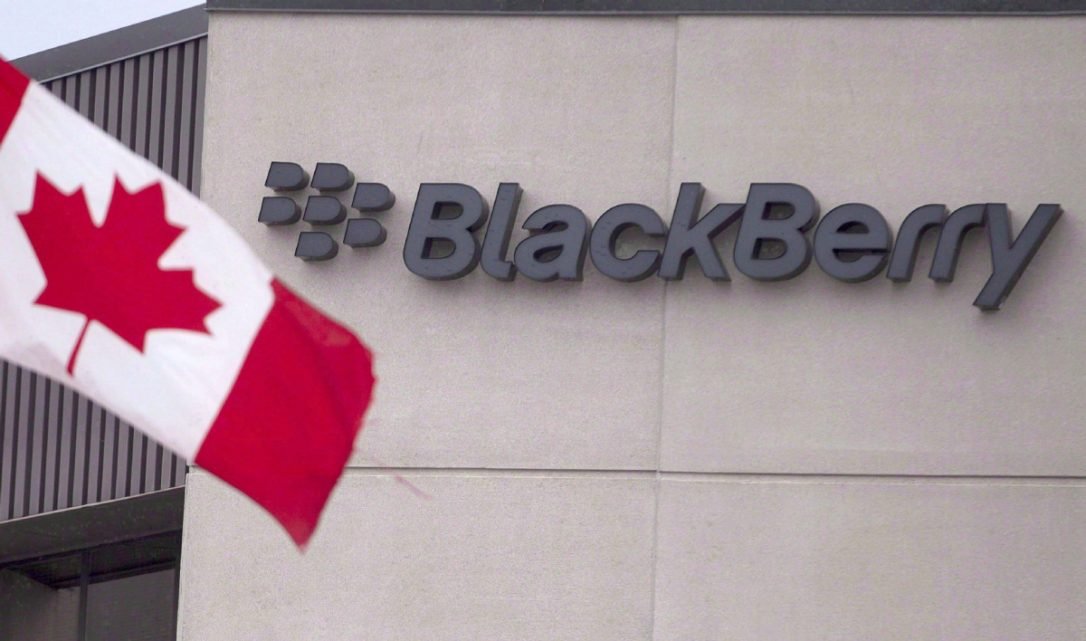CRTC’s Move to Slash Wholesale Rates Could Hurt Revenue, Network Investment: Analysts

The fallout from the federal telecom regulator’s move to slash wholesale Internet rates continues as more analysts predict the decision could be bad for big players’ broadband revenue and potentially dampen investment in networks.
Stock prices for the largest telecom and cable companies dipped Friday after the Canadian Radio-television and Telecommunications Commission’s after-market Thursday announcement of cuts, dramatic in some cases, to the wholesale rates incumbents can charge resellers for access to their high-speed Internet networks.
Scotiabank lowered its price targets by one per cent to two per cent for cable companies Rogers Communications Inc., Quebecor Inc. and Cogeco Communications Inc. to reflect expectations of lower average revenue per user, analyst Jeff Fan wrote in a note to clients Tuesday.
The decision is expected to have a much larger impact in Quebec and Ontario, home to an estimated 70 per cent of revenue from wholesale customers, Fan wrote. He didn’t change his targets for Shaw Communications Inc. and Telus Corp. since there is less wholesale activity in the West.
“We are also concerned that this Order could ultimately affect the return of network investments, which could reduce the level of aggregate investment in fixed broadband infrastructure,” Fan wrote.
Barclays analyst Phillip Huang agreed the decision could lead to slower broadband investments.
“The cables and telcos are already locked in an intense and expanding price battle across the major markets in Canada,” Huang wrote Tuesday, noting that cable companies are upgrading their networks as telecoms spend billions on fibre-to-the-premises connections.
“It remains to be seen whether (the decision) could trigger a slowing in broadband investments, given those investments are now likely to generate lower returns and longer paybacks,” he wrote.
But both analysts question the extent resellers will pass their cost savings on to consumers given the rates announced last week are only interim. Final rates are expected to take a few more months.
“We believe that in the prior higher rate regime, Internet resellers were unprofitable and that the new rates provide some breathing room,” Fan wrote.
He expects resellers would need to reduce their prices significantly in order to attract more people to their services. But that could be challenging given they don’t typically sell bundled services (the big players offer deals when people sign up for home phone, television and Internet) and still have high costs for users that use a lot of bandwidth.
Meantime, Huang expects the incumbents could focus on their broadband flanker brands (Rogers’ Fido and Bell’s Virgin) to defend against the strengthened resellers.








